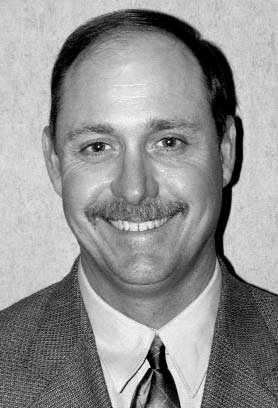Frost is a common reason for morning tee time delay. The reason for the delays is the damage that can occur from foot or equipment traffic to the turf when frost is present. Generally speaking, nice fall golfing days and frost go hand-in-hand. With more frost days expected, this is a good time to look at the conditions favorable for frost.
 Frost occurs on clear cold nights when turfgrass plants re-radiate heat (exothermic reaction). As the plant loses heat to the atmosphere the plant leaf cools. If the plant temperature is cooler than the air temperature then moisture from the atmosphere will condense on the leaf. If the leaf temperature drops below freezing then the water freezes and frost forms. This will occur even if the air temperatures are slightly above freezing. At this time of the year it is not uncommon to have frost form even if the air temperature is in the mid to high 30s.
Frost occurs on clear cold nights when turfgrass plants re-radiate heat (exothermic reaction). As the plant loses heat to the atmosphere the plant leaf cools. If the plant temperature is cooler than the air temperature then moisture from the atmosphere will condense on the leaf. If the leaf temperature drops below freezing then the water freezes and frost forms. This will occur even if the air temperatures are slightly above freezing. At this time of the year it is not uncommon to have frost form even if the air temperature is in the mid to high 30s.
Frost itself does not cause damage, but injury does occur with traffic on frosted areas. Turf damage is generally superficial. This is not to say that traffic should be allowed on frosted turf. If traffic occurs, whether it is foot or mechanical, damage caused by crushing the leaf blade will occur. Initially the symptoms will appear purplish to black in color (almost like an excessive Iron application). The damaged turf will then progress to a straw color. If no damage occurs to the crown, recovery will occur from the generation of new leaves.
Frost itself does not cause damage, but injury does occur with traffic on frosted areas. Turf damage is generally superficial. This is not to say that traffic should be allowed on frosted turf. If traffic occurs, whether it is foot or mechanical, damage caused by crushing the leaf blade will occur. Initially the symptoms will appear purplish to black in color (almost like an excessive Iron application). The damaged turf will then progress to a straw color. If no damage occurs to the crown, recovery will occur from the generation of new leaves.



